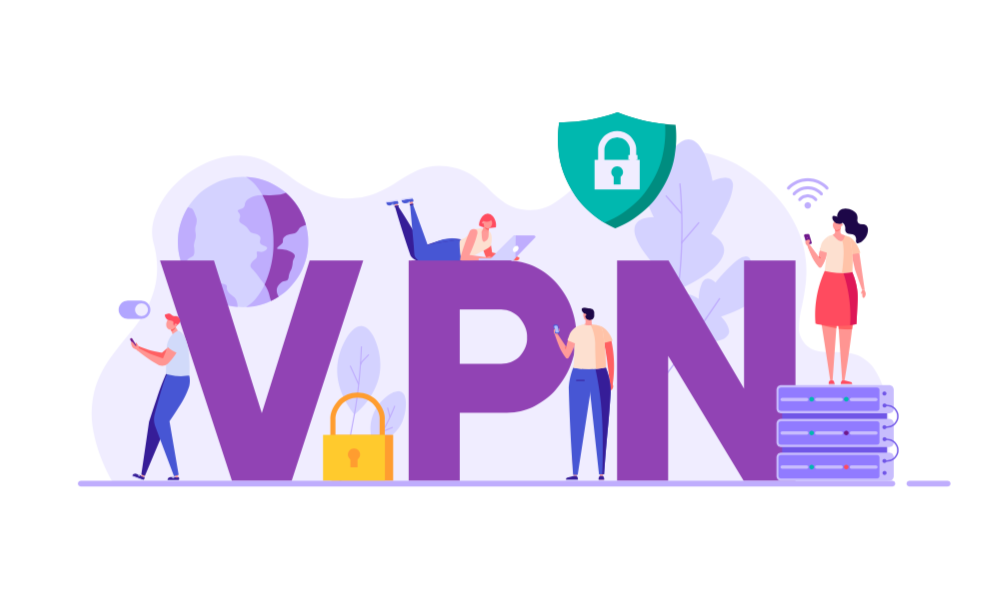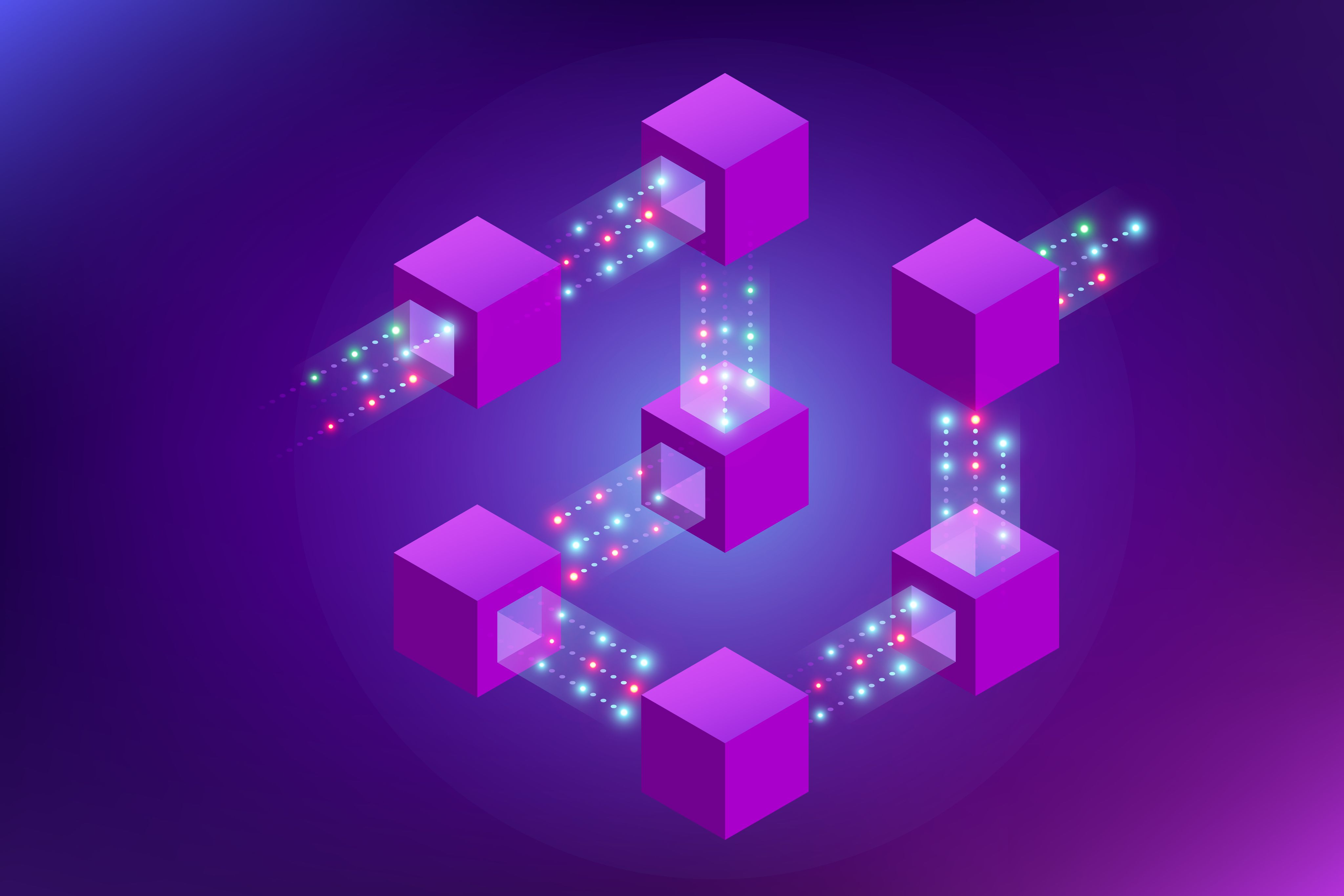Virtual Private Network (VPN) use cases range from streaming sports or tv shows to playing games without being interrupted by ads. More importantly, however, VPNs can be used to protect privacy and identity online. How? Your VPN creates a tunnel that adds on layers of encryption and masks your IP address, making your online activity untraceable. This is important in situations like using public wifi or sharing sensitive information, such as work documents.
Decentralisation offers an extra layer of security by removing the central point of control.
With the rise of flexible working and increased awareness around the vulnerability of your personal data on the internet, the VPN market has grown to be worth around $3bn today – dominated by a number of leading providers such as NordVPN, Surfshark, and PureVPN. These players offer security by limiting the amount of information that is logged, enabling heightened anonymity and access to restricted content.
VPNs are not without their limitations. For example, they can significantly slow your internet speed, impairing your browsing or streaming experience. There have also been instances where users’ confidential data have been logged due to legal requirements, despite VPN providers vowing now to log data. Additionally, some VPN providers have been acquired by large organizations, which leaves customers feeling concerned about how this impacts their data privacy.
For these reasons, VPNs often fall short of the very values they outwardly propose of seamless data security and access to content. Enter DVPNs. DVPNs (aka decentralised VPNs) propose a much more secure solution. Just like regular VPNs, DVPNs also use encrypted tunnels but – as their name suggests – they operate across decentralised networks. This means that rather than operating on servers, they operate across multiple nodes that sit on the blockchain. This makes it much more difficult for data stores to be hacked into or handed over to third parties, as there is no central entity. As such, decentralisation offers an extra layer of security by removing the central point of control.
As the world of tech begins to unravel the opportunities blockchain provides, there are an increasing number of projects being built on decentralised networks. Deeper Network is a pioneer in this space that has a VPN and firewall solution built on blockchain technology. The VPN has more than 20,000 nodes, which would make hacking into it a very frustrating experience! Users are also able to mine equipment and have access to a secure wallet through the service Deeper Connect.
Mysterium Network is also building a decentralised P2P VPN, with over 1800 nodes and available in 80 countries. There are no centralised logs, streaming content is easily accessible and consumers are afforded greater privacy and security, with a pay-as-you-go option.
With users becoming more cautious about how their data is shared – particularly given the recent breakdown of large platforms such as Twitch – and who can gain access to it, there are an increasing number of products that promise greater protection online. Those who are part of the decentralised world have embraced the added advantages that DVPNs offer. However, will the rest of the online world follow? We believe that Web 3.0 and the decentralised world offers enhanced security to users and mainstream adoption is gradually increasing.



